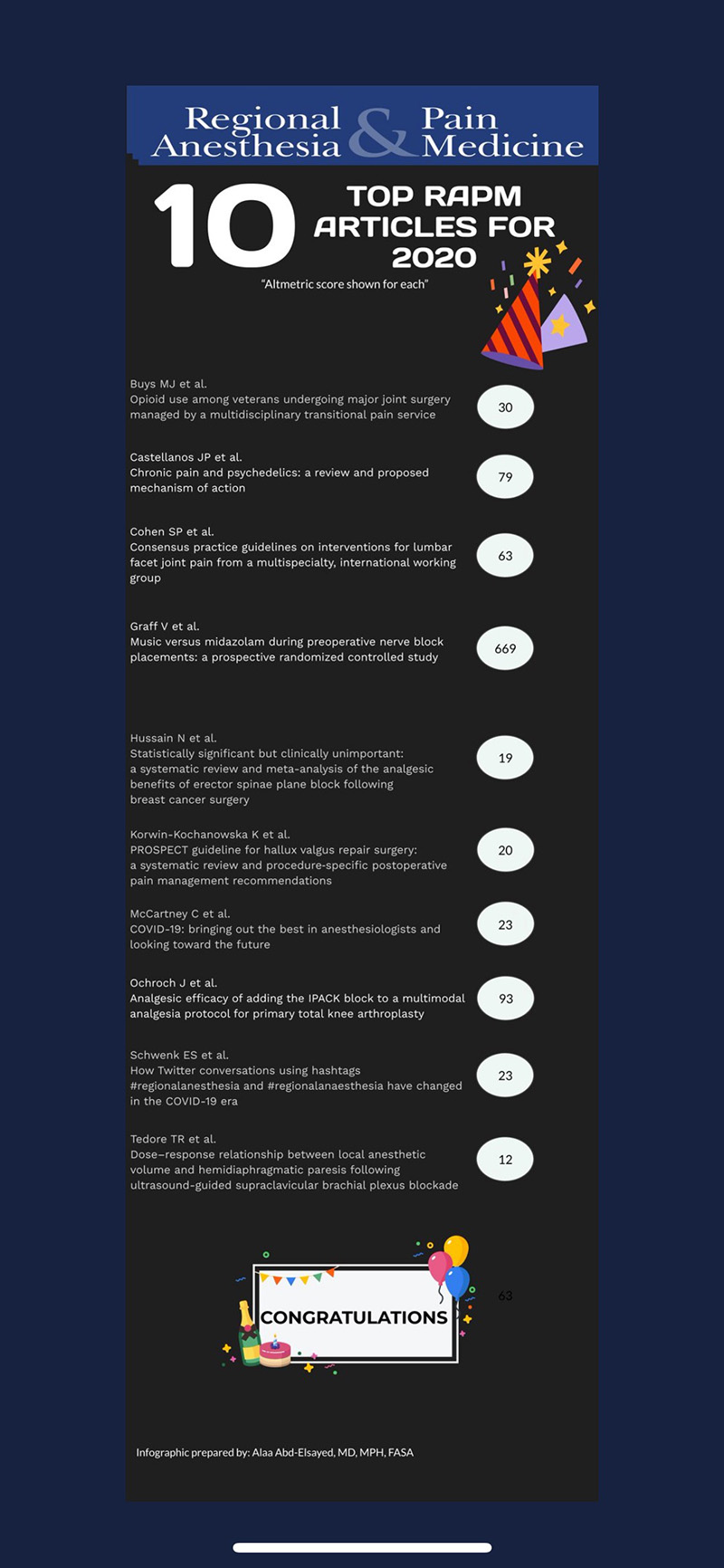
Background Chronic postsurgical pain and opioid use is a problem among patients undergoing many types of surgical procedures. A multidisciplinary approach to perioperative pain management known as a transitional pain service (TPS) may lower these risks.
Methods This retrospective cohort study was conducted at the Salt Lake City VA Medical Center to compare patients undergoing elective primary or revision total knee, hip, or shoulder replacement or rotator cuff repair in the year before (2017) and after (2018) implementation of a TPS. The primary outcome is the proportion of patients taking opioids 90 days after surgery. Secondary outcomes include new chronic opioid use (COU) after surgery as well as the proportion of previous chronic opioid users who stopped or decreased opioid use after surgery.
Results At 90 days after surgery, patients enrolled in TPS were significantly less likely to be taking opioids (13.4% TPS vs 27.3% pre-TPS; p=0.002). This relationship remained statistically significant in a multivariable logistic regression analysis, where the TPS group had 69% lower odds of postoperative COU compared with the preintervention group (OR: 0.31; 95% CI: 0.14 to 0.66; p=0.03). Opioid-naive patients enrolled in TPS were less likely to have new COU after surgery (0.7% TPS vs 8.4% pre-TPS; p=0.004). Further, patients enrolled in TPS with existing COU prior to surgery were more likely to reduce or completely stop opioid use after surgery (67.5% TPS vs 45.3% pre-TPS; p=0.037) as compared with pre-TPS.
Conclusions These data suggest that a TPS is an effective strategy for preventing new COU and reducing overall opioid use following orthopedic joint procedures in a Veterans Affairs hospital.
Manuscript can be found here: https://rapm.bmj.com/content/early/2020/08/30/rapm-2020-101797
RAPM Top 10 notification: https://twitter.com/RAPMOnline/status/1346139581775814656